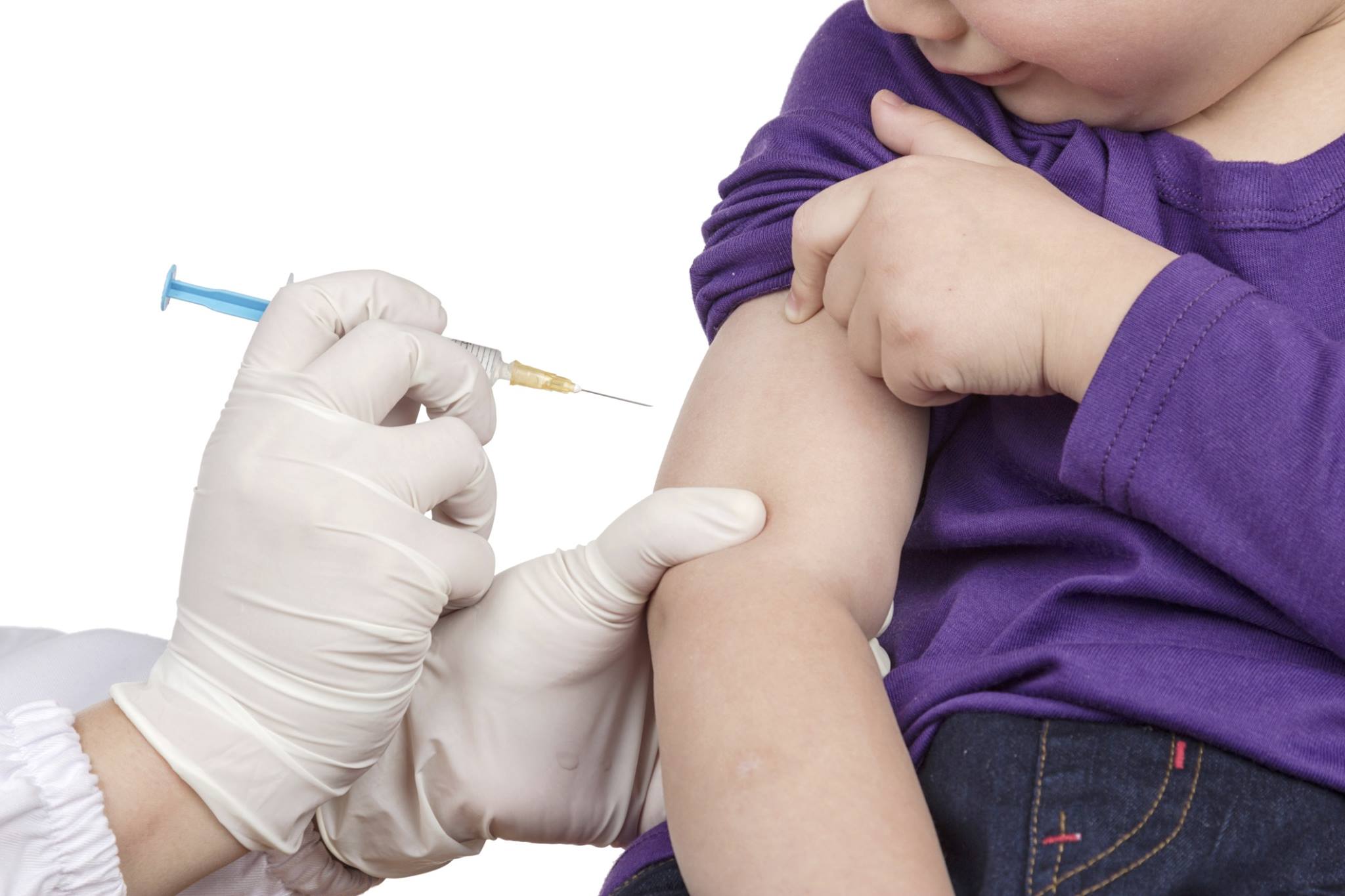
A new report from the US Centers for Disease Control and Prevention (CDC) and the World Health Organization (WHO) has shown that over 140,000 people worldwide died from measles in 2018.
A CDC and WHO report revealed that more than 140,000 people died from measles last year, increasing from the approximately 110,000 measles-related deaths in 2017 based on data from the WHO.
The WHO also noted that most of the deaths were children aged five and younger. The report was created based on public health data from the CDC, the WHO, and the United Nations Children's Fund (UNICEF).
Dr. Robin Nandy, principal adviser and chief of immunization at UNICEF, said: "I'm not so much surprised as I'm disappointed." Nandy pointed out that the best way to combat measles is through vaccination against the virus but vaccination levels have stagnated in "almost all" regions of the world.
"We shouldn't be in this position in 2019 when we have had a safe and inexpensive vaccine for decades," he said. "We're seeing outbreaks in very different contexts and different types of countries ... irrespective of income level of country," he added.
In a press release accompanying the report, Dr. Tedros Adhanom Ghebreysus, director-general of the WHO, argued: "The fact that any child dies from a vaccine-preventable disease like measles is frankly an outrage and a collective failure to protect the world's most vulnerable children."
"To save lives, we must ensure everyone can benefit from vaccines - which means investing in immunization and quality health care as a right for all," Dr. Ghebreysus said.
The WHO recommends two doses of the measles vaccine for immunization and at least 95% vaccination coverage in order to prevent outbreaks and protect people from measles.
Nandy said: "Each year, children who are unvaccinated contribute to the number of susceptible children in communities and their continued accumulation results in outbreaks. This is a crisis and needs to be taken as a warning sign to improve the performance of immunization programs globally."






